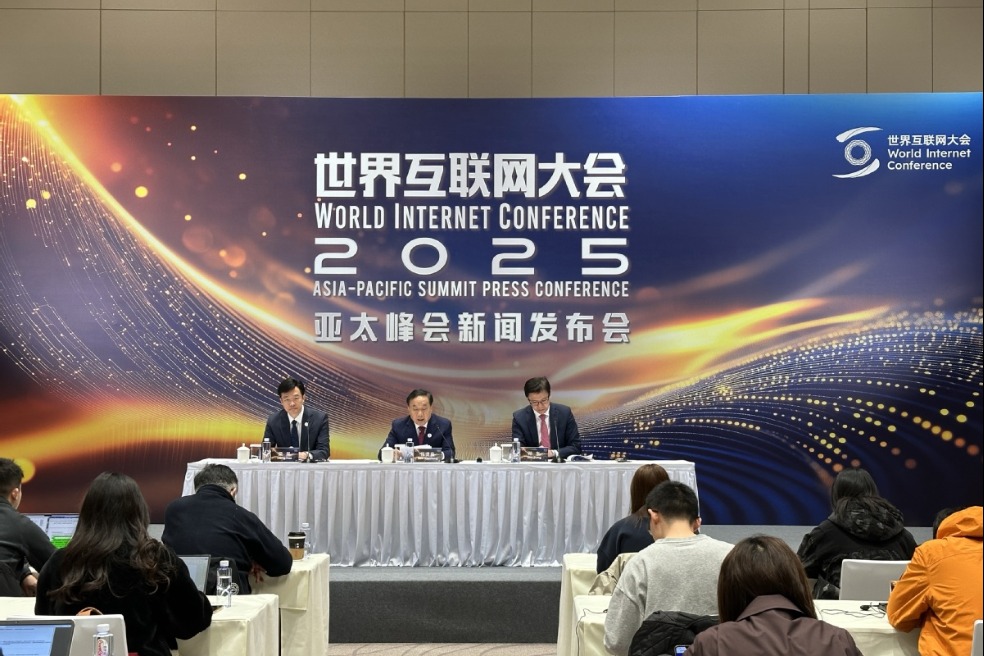Boosting consumption essential


Visitors queue to get vouchers at a tourism resort in Danzhai county, Guizhou province, on April 25.
"Low-income earners mainly include freelancers and those who work for individual businesses and small and medium-sized enterprises. The government could help them by cutting taxes, lowering social security payments and providing subsidies to small businesses to help workers retain jobs," Li said.
A consumption rebound is not easy to achieve. After the severe acute respiratory syndrome epidemic in 2003, China's consumption growth was 7.34 percent for the year, lower than the growth rate of 8.02 percent in 2002, said Zhu Min, chair of the National Institute of Financial Research at Tsinghua University.
"It is particularly important for the government to drive up consumption," Zhu said in an interview with China Central Television on April 21.
"China could carry forward the issuance of vouchers and the provision of cash grants at the same time. By issuing vouchers, the government will boost consumption of certain products to give targeted support to certain industries, but considering that cash is essential for some elderly people and low-income earners to satisfy their needs, we could combine the two measures," Zhu said.
He added that both approaches should be more focused on low-income and unemployed people.
As of May 3, local governments, merchants and companies in more than 90 cities across the country had issued over 11 billion yuan worth of vouchers to boost consumer spending and domestic demand, according to media reports.
Alipay said vouchers have benefitted more than 10 million offline merchants nationwide, of which over 90 percent are micro, small and medium-sized merchants. In cities like Hangzhou, Zhejiang province, and Zhengzhou, Henan province, local governments have stimulated consumption with funds worth over 10 times the value of vouchers issued through Alipay.
Lian Ping, chief economist at Zhixin Investment, suggested the government make more flexible rules for vouchers, such as allowing consumers to use vouchers combined with discounts offered by merchants, so that those who receive vouchers will actually use them.
In some cities, however, vouchers are allowed to cover only a small proportion of consumption expenditure. Consumers have to pay additional fees three to four times the value of vouchers' face value in order to redeem them. This may dampen enthusiasm for their use, Lian said.
Policymakers should also consider applying moderate stimulus measures to real estate, automobile and home appliance industries by taking such measures as lowering down payments and mortgage rates for first-time homebuyers, he said.
Holding a more positive attitude toward a potential consumption rebound, Lian expects to see a noticeable rebound in the cinema and catering industries in the short term.
"Consumption growth may occur in a few areas including airlines and railways, but it is hard for overall consumption to rebound continuously. So we should think about how to boost consumption in a sustainable manner," said Jia Kang, chief economist at the China Academy of New Supply-side Economics.
To support consumption over the long run, China should optimize the structure of income distribution and improve its social security system. It is also necessary to increase investment in large infrastructure projects, especially new infrastructure, to catalyze economic vitality, support household income growth, inspire public confidence and eventually stimulate sustainable consumption growth, Jia said.





































